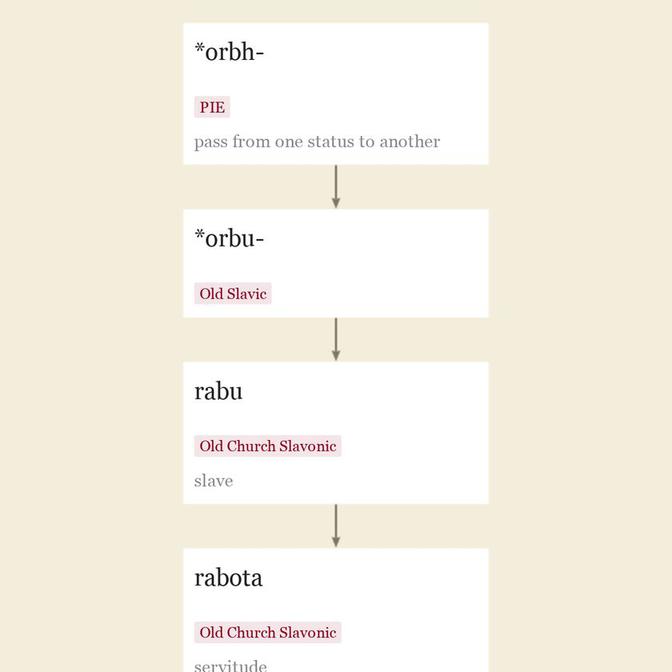robotic adj.
1941 (Asimov), "
Entries linking to robotic

1923, "
The Slavic word thus is a cousin to German Arbeit "
"Young Rossum invented a worker with the minimum amount of requirements. He had to simplify him. He rejected everything that did not contribute directly to the progress of work—everything that makes man more expensive. In fact, he rejected man and made the Robot. My dear Miss Glory, the Robots are not people. Mechanically they are more perfect than we are, they have an enormously developed intelligence, but they have no soul." ["R.U.R."]
Middle English -ik, -ick, word-forming element making adjectives, "
In Middle English and after often spelled -ick, -ike, -ique. Variant forms in -ick (critick, ethick) were common in early Modern English and survived in English dictionaries into early 19c. This spelling was supported by Johnson but opposed by Webster, who prevailed.
updated on September 05, 2021